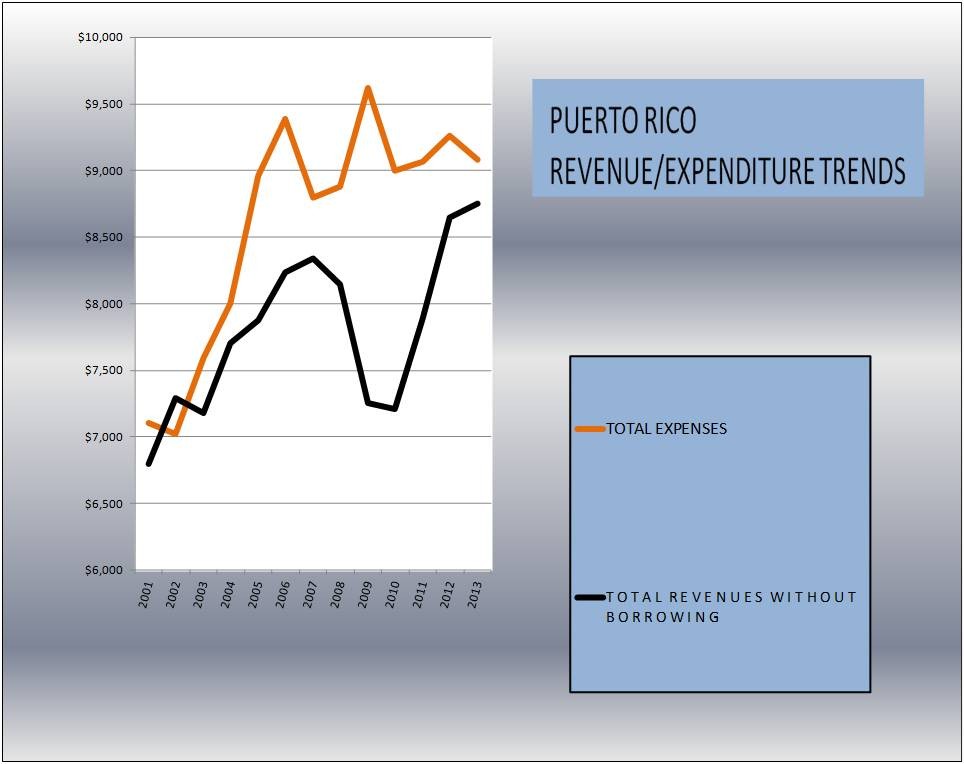Other Basic Municipal Bond Facts HJ Sims
Post on: 23 Июль, 2015 No Comment

Other Basic Municipal Bond Facts
Interest payments. Usually, interest on a longterm bond is paid semiannually, while interest on short-term notes is paid at maturity.
Form of issuance. Municipal bonds are issued in registered form only, which means that the investor’s name is registered on the issuer’s, or its agents’, books. Virtually all municipal bonds today are issued in “book-entry” form, in which an investor’s ownership is recorded through data entry at a central clearinghouse. In addition, the bank or investment firm will provide the investor with a confirmation that is a written record of the transaction. With book-entry securities, physical transfer of certificates is not necessary. Registered and book-entry bonds offer a number of protections and conveniences to bondholders, including protection from loss or theft, automatic payment of interest, notification of calls and ease of transfer. Before July 1983, municipal securities, for the most part, were issued in certificate form with coupons attached. Some of these so-called “bearer bonds” are still available in the marketplace. The issuer has no record of who owns these bonds. The owner clips the coupons and collects the interest from the issuer’s paying agent. Transferring bearer bonds requires physical delivery and payment.
Minimum investment. Most municipal notes and bonds are issued in minimum denominations of $5,000 or multiples of $5,000.
Payment terms. Dealers are required by the Securities and Exchange Commission to receive payment for a securities purchase and to make payment for a securities sale no later than the third business day following the date of the trade.
emma.msrb.org ) and investinginbonds.com provide real-time and historical trade data for municipal bonds. Additionally, you can find information on the internet through various individual investor web sites. Because the prices are typically based on $1 million lots and reflect a volume discount, prices on purchases and sales of smaller amounts may differ according to the size of the order. You can also receive price quotes from a municipal securities broker-dealer.
Marketability. Holders of municipal securities can sell their notes or bonds through one of the many banks and securities dealer firms that are registered to buy and sell municipal securities.
Reporting requirements. All tax-exempt interest must be reported on tax returns. This is simply a reporting requirement and does not affect the tax-exempt status of the security.
What are the costs of investing in municipal bonds? Municipal securities are bought and sold between dealers and investors much like other debt instruments. The price an investor pays for a municipal security includes a dealer’s own spread, or profit, on the transaction.














